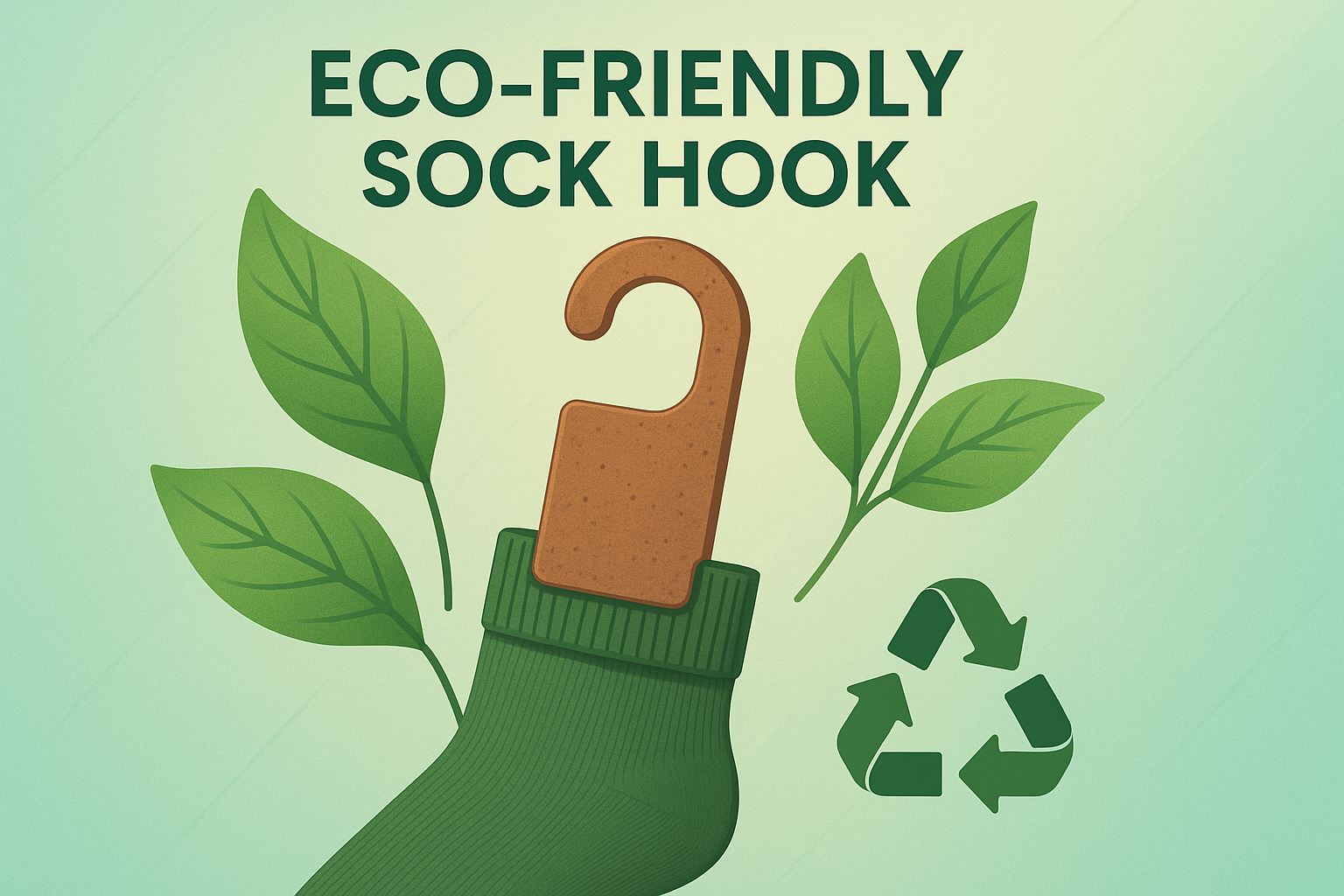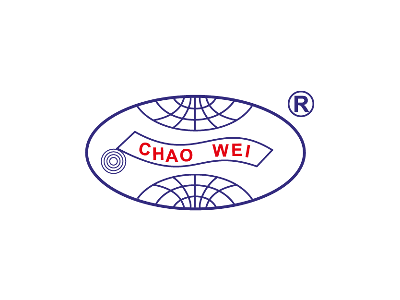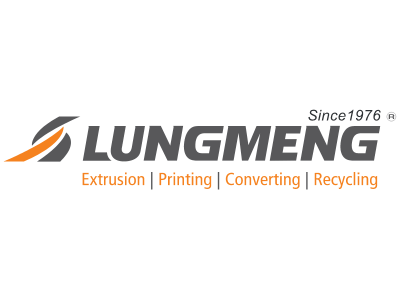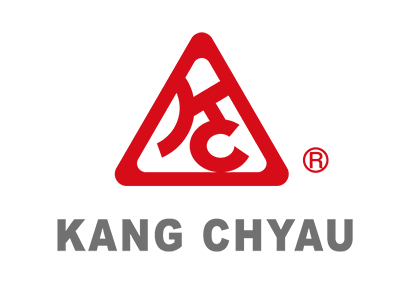Traceless & C&A Bring Plastic-Free Sock Hooks to Hamburg Stores

Every year, an estimated 8 to 10 billion plastic clothes hangers are produced globally—and only 15% are recycled. Among them, tiny plastic sock hooks are particularly troublesome. Their small size and mixed materials make them nearly impossible to recycle through conventional systems.
But now, a sustainable solution has made its way onto store shelves in Hamburg. Fashion retailer C&A, in collaboration with German startup traceless, has launched a plastic-free, compostable sock hook made from agricultural waste. It's the first retail product made with traceless’ innovative bio-circular material—and it’s designed to disappear naturally.
Founded in 2020, traceless materials is a Hamburg-based startup at the forefront of the circular bioeconomy. Their signature material, also named "traceless," looks and feels like plastic but is made entirely from natural, plant-based ingredients. It breaks down under home composting conditions, leaving no trace behind—hence the name.
The new hooks are not only biodegradable but also fully industrially scalable. After use, customers can toss them into their home compost bins, where they degrade within weeks—just like fruit peels or leaves.
“Our collaboration with traceless is an important step toward achieving our ambitious goal of replacing all single-use consumer-facing plastics in our stores with sustainable alternatives by 2028,” said Aleix Busquets Gonzalez, Head of Global Sustainability at C&A.
For traceless, this partnership marks a major breakthrough. “This tiny hook represents a big leap for us,” said Anne Lamp, CEO & Co-Founder of traceless materials. “It’s the first pilot product made with our bio-circular material to hit the shelves. After many months of development, our entire team is incredibly proud.”
In a world urgently seeking viable alternatives to plastic, this small innovation could hook the industry into a more sustainable future.
Machines de moulage par soufflage
- Machine de soufflage automatique
- Machines de moulage par soufflage
- Machines de moulage par soufflage par extrusion continue
- Machine de moulage par soufflage par extrusion
- Machines de moulage par soufflage par extrusion
- Machine de moulage par soufflage entièrement électrique
- Machines hydrauliques de moulage par soufflage
- Machine de moulage par soufflage en plastique
Extrudeuses et lignes d'extrusion
- Ligne d'extrusion de film à bulles d'air
- Ligne d'extrusion de film à bulles d'air
- Ligne de co-extrusion de feuille de bulle d'air
- Machines de fabrication de sacs
- Machine de fabrication de film de soufflage
- Souffler Film Exusion
- Machine de fabrication de film soufflé
- Machine de film de fonte
- Machine de revêtement
- Ligne d'extrusion de feuille de mousse d'ENV / EPE
- Extrudeuse
- Machines à plastifier
- Extrusion Lines For Filaments and Yarn
- Extrusion Lines For Pipes and Profiles
- Machines d'extrusion de monofilament
- Ligne d'extrusion de monofilament
- PET Strapping Band Extrusion Lines
- Machines de fabrication de sacs en plastique
- Co-extrusion de film plastique
- Machines de fabrication de tuyaux en plastique
- Machine de fabrication de tubes en plastique
- Tuyau de PVC faisant la machine
- Machines de fabrication de paille
- Extrudeuse à double vis
- Extrudeuses à double vis
- Sac tissé faisant la machine
Machines de moulage par injection
- Machines électriques de moulage par injection
- Machine d'injection horizontale
- Machines horizontales de moulage par injection
- Machines de moulage par injection
- Moulage par injection précis
- Machines de moulage par injection à deux plateaux
- Machine d'injection verticale
- Machines verticales de moulage par injection
Équipement de recyclage pour le prétraitement
- Ligne de lavage de bouteilles
- Broyeur
- Granulateur
- Pelletiseur
- Pelletiseurs
- Pelletizing Machines
- Ligne de recyclage de bouteilles PET
- Ligne de lavage à chaud en PET
- Machine à granuler
- Équipement de recyclage de plastique pour le prétraitement
- Machines de recyclage de plastique
- Machine de recyclage des déchets plastiques
- Lignes de recyclage
- Machine de recyclage
- Shredder
- Squeezers
- Corde à linge
- Équipement de recyclage des déchets













